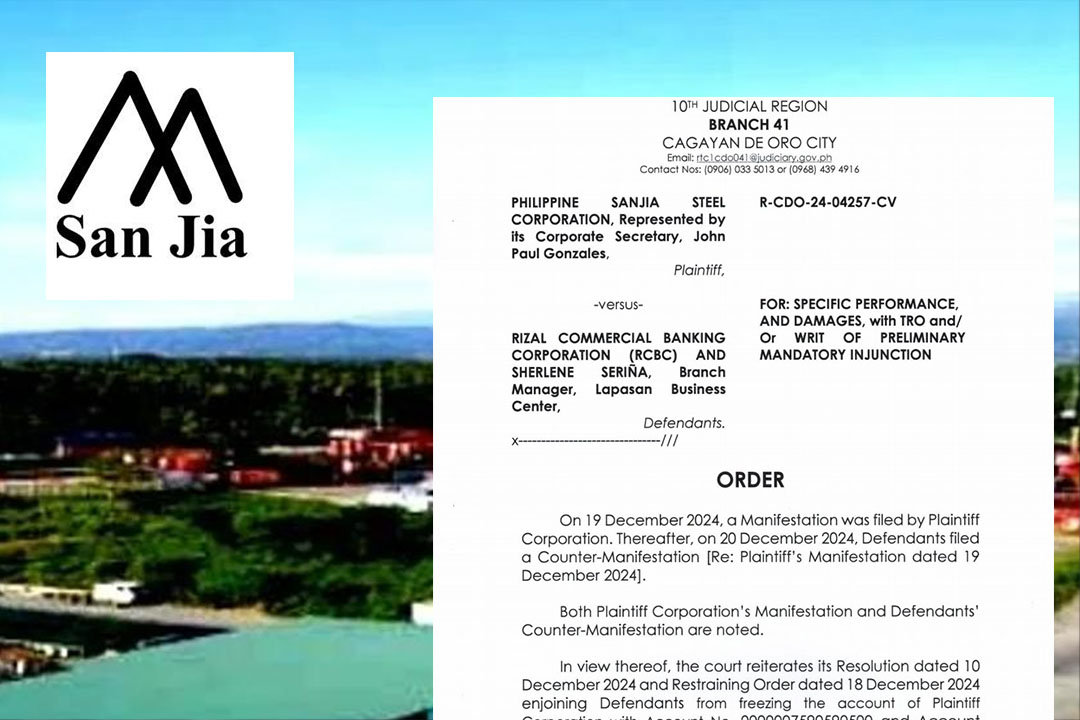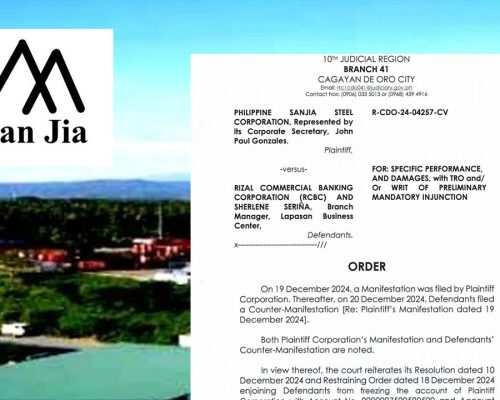A recent social listening report from Capstone-Intel Corporation revealed that the former senator Leila De Lima’s freedom received a notably high percentage of positive reception from social media users, with more negative mentions regarding her arrest.
Capstone-Intel is a high-impact research company that uses innovative research technologies, tools, and methods to convert data and information into breakthrough insights and actionable intelligence outputs. It is committed to helping its clients solve problems, find solutions, grow markets and constituencies, build reputations, navigate risks, manage crises, and be the country’s leading private research and intelligence agency.
Background
Former Senator Leila de Lima, who has been in detention for almost seven years, has been granted permission by a Muntinlupa court to post bail for her third and final drug case. As a result, she will be released from jail.
The court granted De Lima and her co-accused the opportunity to secure their temporary release by posting bail in the amount of P300,000.
De Lima is presently confronted with the final drug case, which pertains to her purported participation in the illicit drug trade within the confines of the New Bilibid Prison in Muntinlupa City during her tenure as justice secretary. De Lima was exonerated in her first drug-related legal battle in February 2021.
In May 2023, after a period of two years, De Lima was acquitted of the second drug-related charge leveled against her. On October 16th, two state witnesses, namely Maj. Rodolfo Magleo and Sgt. Nonilo Arile retracted their testimonies in the final drug case due to moral concerns.
Methodology
Capstone-Intel Corp. examined the three video streaming platforms’ online presence for one year, from October 15, 2023, to November 14, 2023, by utilizing all publicly accessible posts from social and non-social media platforms in order to gather the sentiments of the public about the former senator’s detention and freedom.
Facebook Performance
Capstone-Intel found that in terms of Facebook performance, De Lima amassed a total of 1,120 post counts, leading to a total of 457,547 reaction counts, which garnered an 85,169.3 engagement score. Detailing these reactions, “Facebook like” accounts for the majority of reactions, or 48.6 percent of the total reactions, with 222,174. Followed by “Facebook love” with 179,596 reactions (39.3 percent), “Facebook haha” with 48,864 (10.7 percent), “Facebook angry” with 4,574 (1 percent), “Facebook wow” with 1,638 (0.4 percent), and “Facebook sad” with 702 (0.2 percent).
These reactions suggest that the majority of Facebook users in the Philippines positively welcome the freedom from detention of the former senator and vocal critic of the Duterte administration. It is also worth noting that following the 87.9 percent (combined like and heart percentages) positive reactions, the next dominant reaction was “Facebook haha” with 10.7 percent, meaning, it can also be denoted that some Filipinos remain frivolous about the issue or that they are either critics of former senator De Lima.
Negative mentions looming over the arrest
Capstone-Intel’s data also revealed that following the release of De Lima, over 71 percent of the total mentions regarding the latter’s arrest were mostly negative, highlighting that one of the negative mentions concerning her arrest was that if the Philippines’ justice system really works, the release of De Lima would not take this much time.
Top posts
Meanwhile, in terms of top posts, a post from De Lima’s known ally, Senator Risa Hontiveros, which featured the former senator’s struggles inside the detention, has received the highest engagement score, with a 4,781.8 engagement score. This was followed by another post from Hontiveros that told the public of De Lima’s release and received a 4,705.6 engagement score. The third most engaging story about De Lima was also from Hontiveros. The post was about De Lima holding a press conference right after she posted bail. This story received a 10,356.0 engagement score.
The post Finally Free: What does the research say about De Lima’s freedom? appeared first on Capstone-Intel.



























